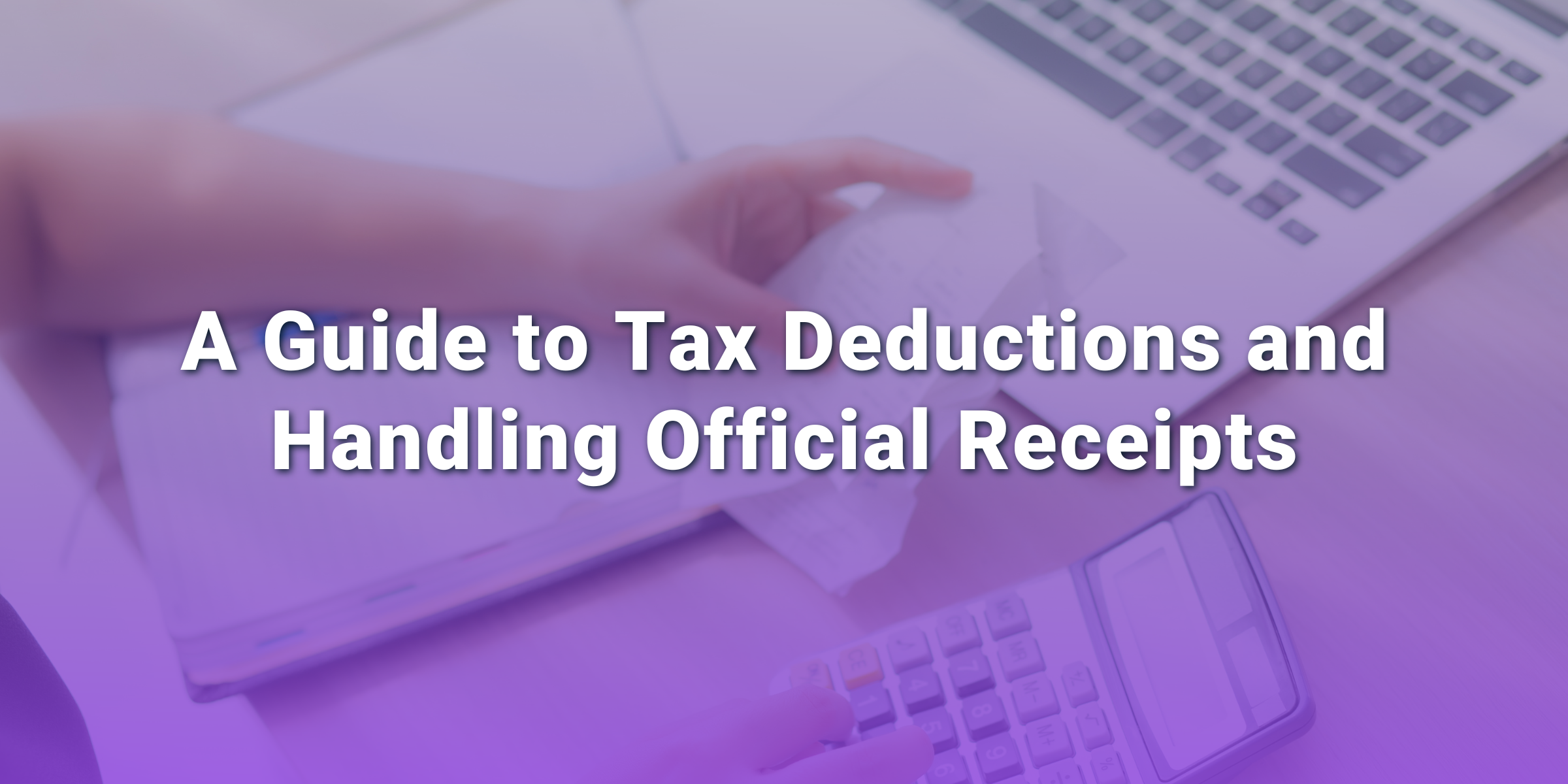Tax deductions are important for businesses in the Philippines, as they reduce taxable income owed to the government. In this guide, we discuss the management of official receipts to make sure businesses can capitalize on available deductions effectively.
It’s crucial to understand that deductions are accessible when transactions are mainly for business purposes and supported by official receipts submitted in tax returns to the BIR. Errors in forms due to inaccuracies in remittances can impact tax liabilities significantly.
But how do you discern the validity of your official receipt and ensure you can claim deductions with your current and future receipts? Let’s explore!
What Makes an “Official” Receipt?
Official receipts are different from typical transaction documents. While old-school receipts often feature handwritten notes and signatures, official receipts must include specific information:
- Tax Identification Numbers (TIN) – Consistency in TINs between customer and vendor is of greatest importance.
- Date – Accurate transaction dates prevent inconsistencies.
- Amount – Precise amounts corresponding to the items ordered are necessary.
- Business Name – Complete business details, including DBA and entity type, must be provided.
It’s also essential to note that Revenue Regulations No. 17-2013 mandates the preservation of accounting records, including invoices, vouchers, and receipts, for ten years following the return filing deadline.
Best Practices in Managing Official Receipts:
More than the mentioned factors, here are some reasons how effective management of official receipts can be used for tax deduction purposes:
- Provide Complete Information: Furnish vendors with comprehensive business details, either by writing them down or providing a business card containing the company name, TIN, and address.
- Take a Photo of Receipts: Capture digital backups of receipts to ensure redundancy, particularly useful when vendors use POS cash registers for printing.
- Review Receipts Thoroughly: Scrutinize receipts for accuracy, verifying VATable and non-VATable items, and ensuring authenticity.
In conclusion, meticulous attention to official receipts is critical for maximizing tax deductions. Following the guidelines, maintaining digital backups, and conducting thorough reviews are a must for businesses to be able to claim deductions accurately.
Need help with your bookkeeping? Book a call with Beppo.

